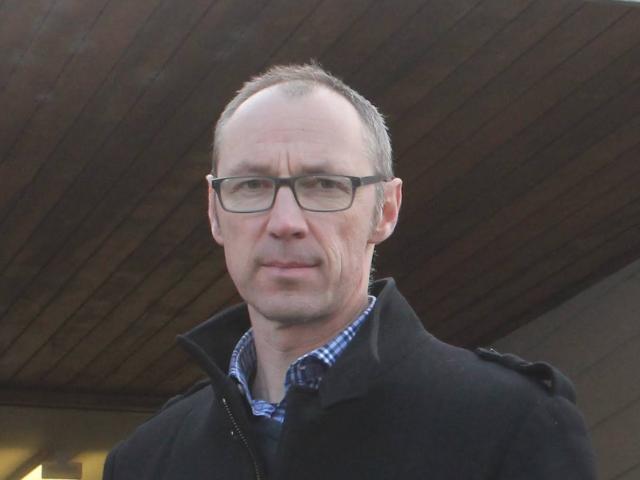
The affected patients suffered no ill-effects from their unusual care plan, but it is understood ongoing shortages of nurses meant the beds they were meant to have recovered in were unable to be staffed.
The Southern District Health Board has an extensive programme of outsourcing procedures to other hospitals, but outsourcing post-operative care appeared to be a new development.
"It is terrible to think that having your acute surgery and post-operative care in the one hospital is now a luxury in some parts of New Zealand rather than a given," Association of Salaried Medical Specialists chief executive Sarah Dalton said.
Senior doctors at Dunedin Hospital were concerned at the staffing situation which had caused the transfers and said it highlighted the staffing emergency all district health boards faced.
"The DHBs need to be upfront about workforce shortages and say what are the number of nurses and doctors that we need," Ms Dalton said.
"I can picture my members standing there saying this [transferring post-operative patients] is not best practice, it’s never ideal to put someone in an ambulance after surgery even with all the best possible care being taken, as I’m sure it was."
The SDHB did not plan on making a habit of such transfers, chief operating officer Hamish Brown said, but opted for the highly unusual procedure rather than cancelling the four operations concerned.
"While this is unlikely to be a regular occurrence, we will continue to work with the private sector when required on ways to deliver better planned care to the southern community, and we’re pleased to be able to work with our local private partner in Mercy Hospital," Mr Brown said.
"Our patients were informed prior to their appointments and they were grateful their appointments weren’t cancelled."
Last week Dunedin Hospital had had a high number of people in its wards who were acute patients, Mr Brown said.
The four people who transferred to Mercy after their operations would have needed to recover in hospital overnight and there were no beds available, Mr Brown said.
"The patients were transferred to Mercy Hospital after their procedure and once clinically safe via ambulance, and their surgeon visited them at Mercy Hospital the following morning.
"All were discharged that day."
Ms Dalton said southern clinicians had told her the staffing shortage was having severe consequences for clinicians and patients, and a profound effect on regular care.
"We are getting stories from our members down south of people literally being ready to be wheeled into the theatre for their elective surgery only to be told it was cancelled, which is obviously very distressing and difficult to manage," Ms Dalton said.
"Invercargill hangs on a thread and I know that [at] one point if one anaesthetic technician got sick then everything ground to a halt because numbers were so light."












